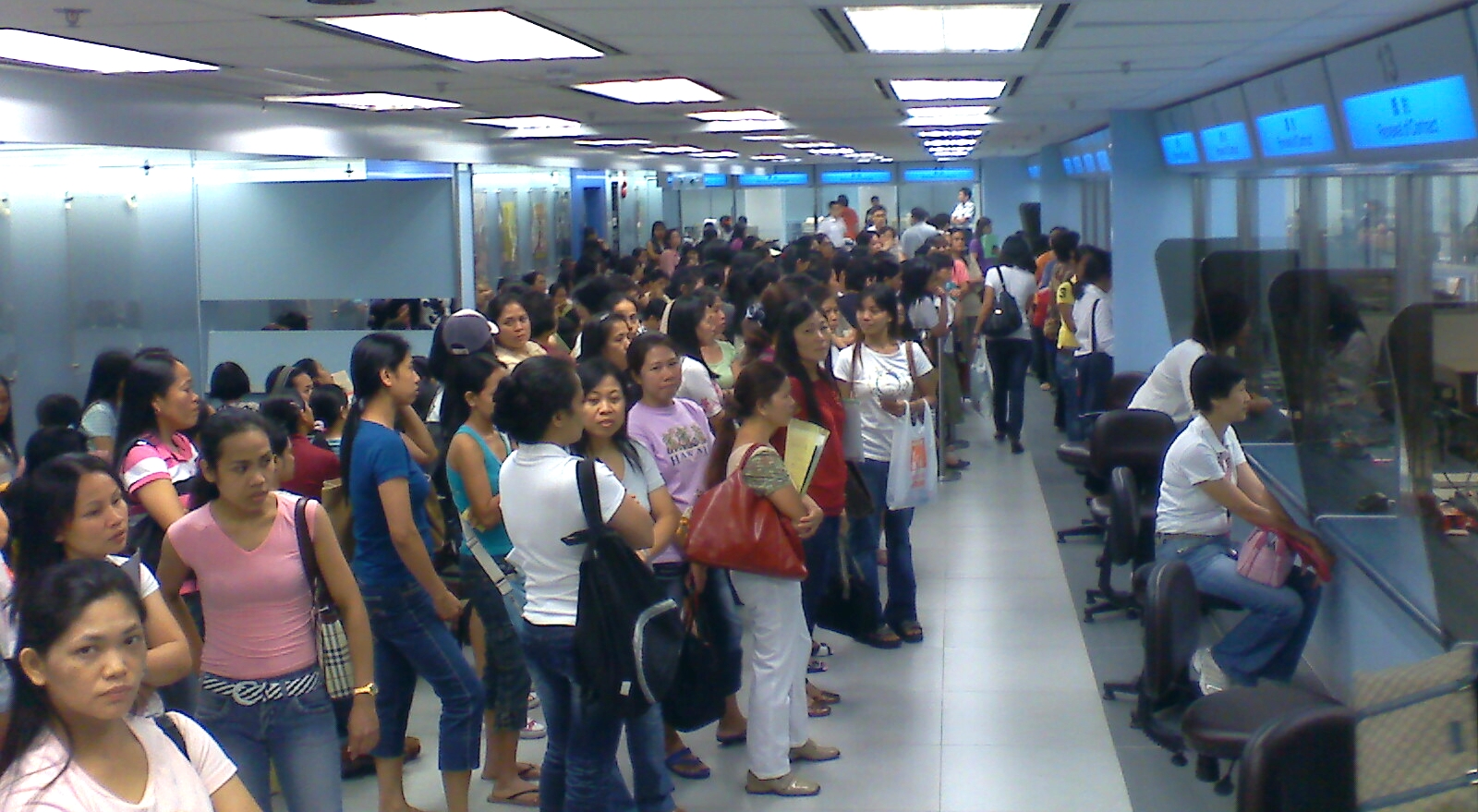Vibrant, cosmopolitan, and an international financial hub, Hong Kong is known for its high level of development and integration into the global economy. However, behind the towering skylines and bright lights, the people essential to Hong Kong’s everyday productivity and success remain invisible. Hong Kong’s households employ thousands of migrant domestic workers from Southeast Asia, which allows their employers to thrive economically and contribute to Hong Kong’s booming economy by providing employers with time for higher-income work in place of domestic tasks. Although domestic work promises greater economic prospects to women from poor Southeast Asian countries while it frees women in wealthier Asian countries from the burden of gendered labor, the domestic work industry ultimately empowers the wealthy while disempowering migrant women. Countries such as Indonesia and the Philippines, which send its citizens abroad as workers, are ultimately responsible for domestic labor exploitation, as the countries’ reliance on remittances, as well as lack of regulation of recruitment agencies, promotes the emigration of women abroad and leads indirectly to subsequent exploitation.
Domestic work is clearly demarcated along gendered lines, with women taking on the roles of cooks, cleaners, and caretakers for children and the elderly. Within Asia, these gendered labor divisions of labor are further drawn along regional lines, with poorer Southeast Asian countries such as the Philippines and Indonesia sending thousands of domestic workers to wealthier Asian cities and countries such as Hong Kong, Singapore, and Malaysia. In Hong Kong specifically, 385,000 women from the Philippines and Indonesia are currently employed, contributing $12.6 billion to the economy, which represents approximately 3.6 percent of Hong Kong’s total GDP. Furthermore, the family care gap that domestic workers fill allows for their female employers to enter the Hong Kong workforce, increasing the workforce participation rate from 49 percent to 78 percent for current mothers aged 25 to 54. Due to this heightened productivity, domestic workers indirectly contribute approximately $2.6 billion to Hong Kong’s economy.
However, despite the crucial contributions domestic workers make to Hong Kong’s economy, they remain societally vulnerable and marginalized. Employers subject women to extreme working conditions, unfair pay, various forms of abuse, and guarantee them few legal rights or protections. Similar instances of abuse and exploitation in labor-importing states in the Middle East are often discussed in mainstream media, but in wealthier Asian countries, these issues are overlooked. Denoted as ‘modern-day slavery,’ domestic work poses extreme risks to women, so why do so many women from Southeast Asia continue to seek work abroad? The problem does not lie solely with abusive employers and the marginalization of domestic workers in receiving countries. Rather, it is the governments and employment agencies of countries that send workers that encourage their own citizens to migrate abroad, rendering the state complicit in the inequalities of the domestic work industry.
The reliance of wealthy Asian countries on cheap human labor is indicative of deep economic disparities between East and Southeast Asian countries, inequalities which governments in poorer countries have not alleviated, leading to reliance on migrants to support the home economy. In 2017, domestic workers sent remittances worth $16.9 billion from Hong Kong, a significant figure given that in 2017, 90 percent of the 36 million people living below the international poverty line in Southeast Asia were from Indonesia and the Philippines. Unlike Vietnam and Thailand, both the Philippines and Indonesia have yet to implement policies that promote rapid industrialization of their economies, a factor which limits economic development and leaves families in these two countries stagnant in poverty within an increasingly globalized region. At the same time, there may also be little incentive for governments to stop the export of labor overseas, especially if remittances are beneficial. In the Philippines, remittances are a vital part of the economy, constituting 10.5 percent of the country’s total GDP. It is thus difficult for governments to be incentivized to find an alternative domestic industry that matches the economic benefit of sending women overseas as domestic workers.
Transnational employment agencies act as the brokers between domestic workers and employers in Hong Kong, and are complicit in the exploitation of women abroad. The agencies, which charge exorbitant training fees that exceed legal limits, are notorious for trapping Indonesians into cycles of debt and exploitation, often failing to address or represent the rights of workers when they complain of abuses by employers. However, the sending governments are also at fault for the failure of employment agencies to protect workers from abuse. In Indonesia, the government outsources employment matters to employment agencies, but does not impose strict regulations, and the jurisdiction of agency functions ultimately falls upon the agencies themselves. This is an issue that must be solved by the governments and agencies, as Hong Kong labor laws do not have regulatory jurisdiction over transnational agencies.
As the wealth inequality gap continues to grow between wealthy and poor Asian countries, sending governments and employment agencies must actively work to protect the rights of their citizens overseas, whose economic and social contributions to Hong Kong should not be understated. Domestic work cannot be considered beneficial to women if only female employers reap the benefits of employing domestic workers, while their employees are subject to abuse and exploitation. The reliance on cheap labor as a vital component of the economies of both sending and receiving countries may deepen as the inequality gap in Asia grows, and the role of sending states in domestic worker exploitation should be made transparent. If sending governments cannot alleviate domestic poverty or provide employment, then they should be held responsible for the wellbeing of the workers they send abroad.
